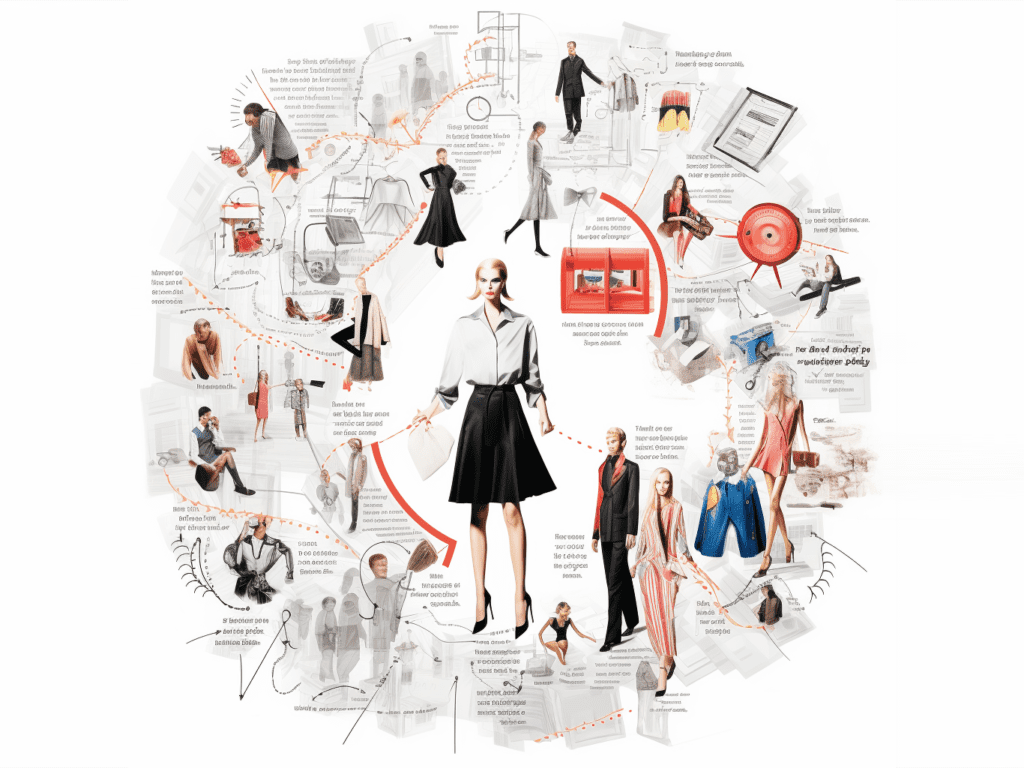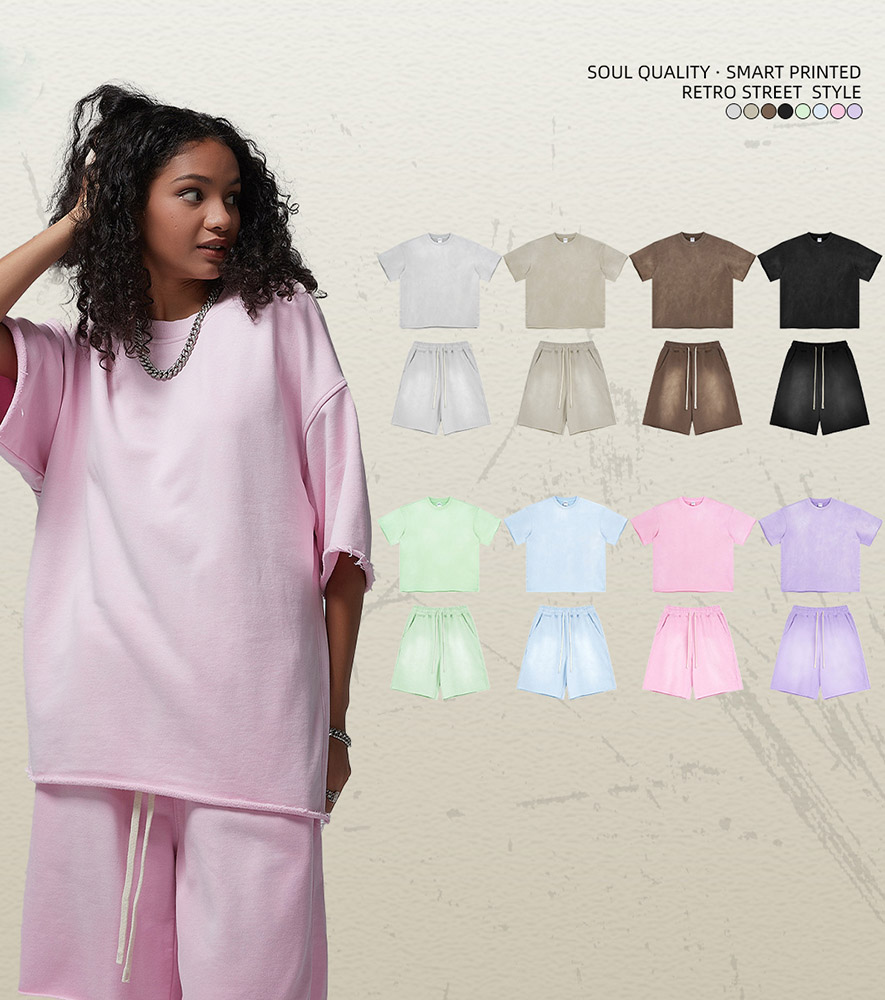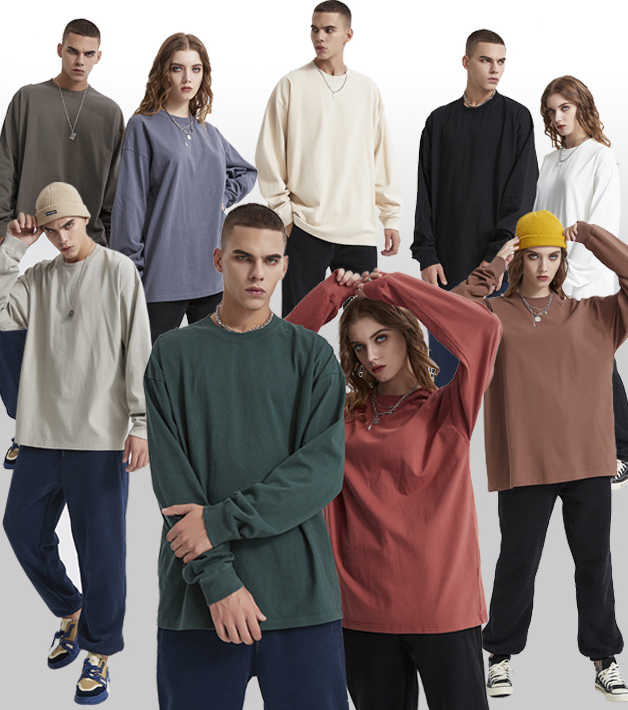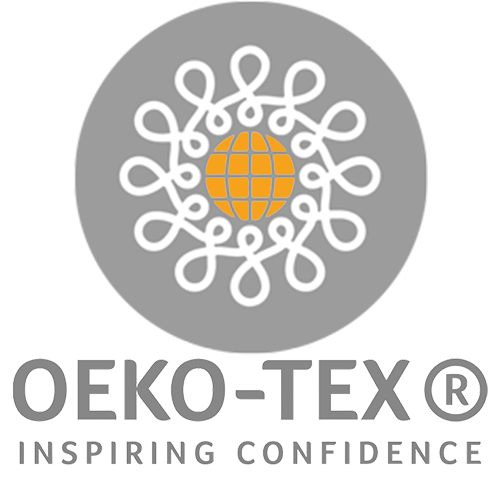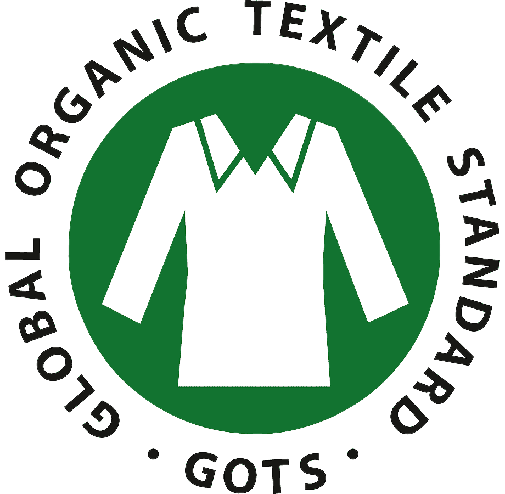In an era where consumers are becoming increasingly conscious of the origins of their products, the fashion industry stands at a crossroads. The allure of fast fashion and its affordable prices has often overshadowed the darker aspects of its production. However, as information becomes more accessible, the spotlight is now on the ethical dimensions of apparel manufacturing. At the heart of this discourse is the importance of fair labor practices.
The Dark Side of Fashion:
Historically, the fashion industry has been riddled with instances of labor exploitation. From sweatshops with deplorable working conditions to child labor and unfair wages, the quest for cheaper production costs has often come at the expense of human dignity and rights.
Why Ethical Production Matters:
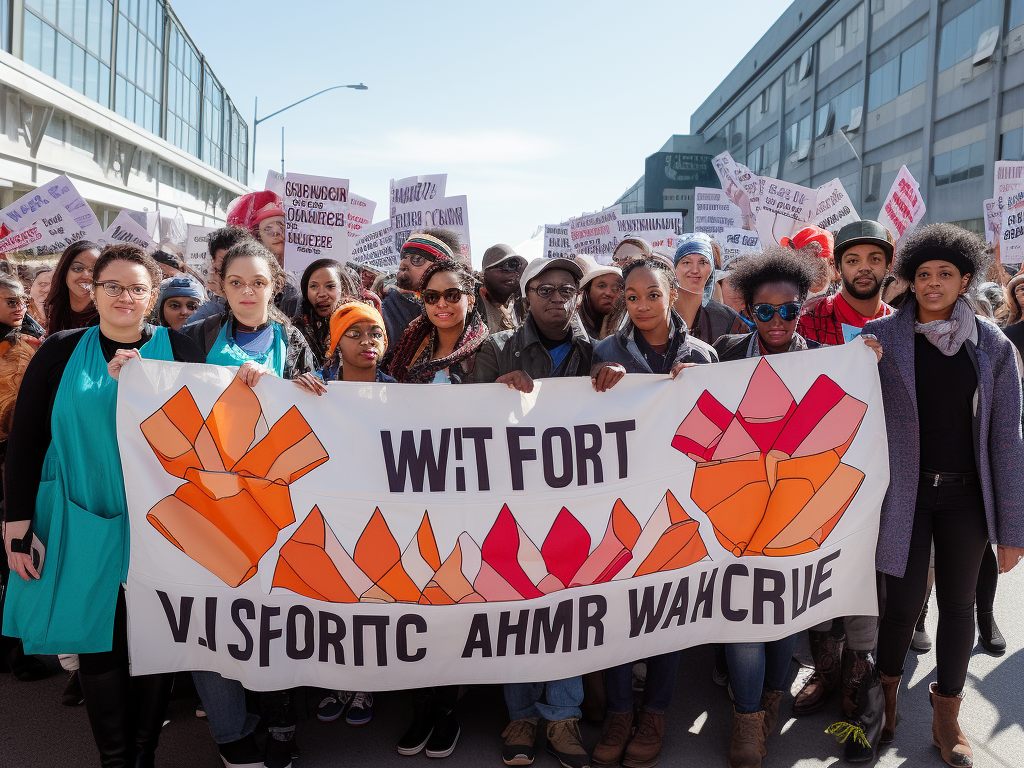
- Human Rights at the Forefront: Every individual involved in the production process deserves to work in safe conditions, receive fair wages, and be treated with respect. Ethical production ensures that workers’ rights are upheld and that they are provided with a conducive environment for personal and professional growth.
- Quality Over Quantity: Ethical production often correlates with better quality products. When workers are treated well and paid fairly, they are more likely to take pride in their work, leading to better craftsmanship and longer-lasting products.
- Consumer Trust: Modern consumers are well-informed and value-driven. Brands that prioritize ethical production are more likely to gain the trust and loyalty of these consumers, leading to long-term success and brand loyalty.
- Environmental Considerations: Fair labor practices often go hand-in-hand with sustainable production methods. Ethical factories are more likely to adopt eco-friendly practices, reducing the overall environmental impact of the products.
The Shift Towards Ethical Production:
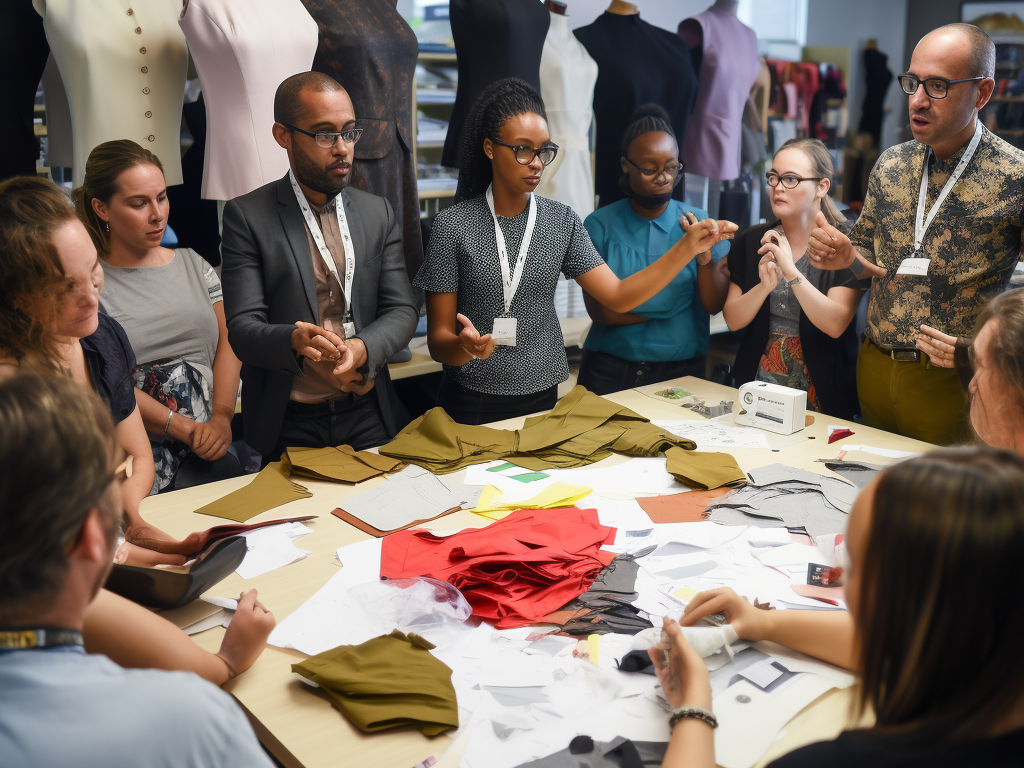
Many brands, both established and emerging, are recognizing the importance of ethical production. They are investing in transparent supply chains, ensuring fair wages, and adopting sustainable practices. Certifications like Fair Trade and initiatives like the Ethical Trading Initiative are becoming industry standards.
Challenges and the Way Forward:

While the shift is promising, challenges remain. Fast fashion’s demand for quick turnarounds and low costs can sometimes conflict with ethical practices. However, with increasing consumer awareness and advocacy, the industry is under pressure to reform.
Brands can start by conducting regular audits, investing in worker training, and building direct relationships with factories. Collaboration within the industry, where brands share resources and best practices, can also drive systemic change.
Conclusion:
Ethical production in apparel manufacturing is not just a moral obligation; it’s a business imperative in today’s world. As the lines between brand values and consumer values blur, the fashion industry must rise to the occasion, ensuring that every garment produced is a testament to fair and just practices.
